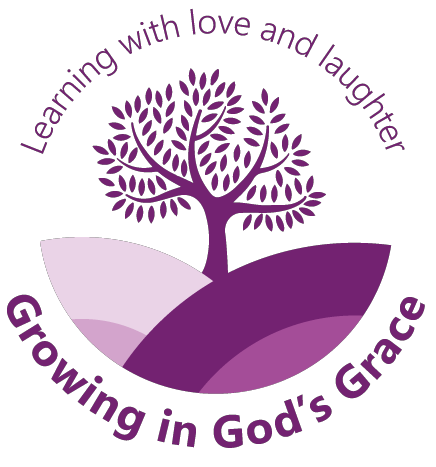Writing
Writing Intent
At St Laurence Church of England Primary School, we believe that all pupils should be able to confidently communicate their knowledge, ideas, creativity and emotions through their writing. We want pupils to acquire a wide vocabulary, a solid understanding of grammar and be able to spell new words by effectively applying the spelling patterns and rules they learn throughout their time at St Laurence Primary. We want them to write clearly, accurately and coherently, adapting their language and style in and for a range of contexts, purposes and audiences.
At St Laurence Church of England Primary, we believe that all pupils should have high expectations of themselves and take pride in the presentation of their writing by developing a good handwriting style. We believe that all good writers refine and edit their writing over time, so we want children to develop independence in being able to identify their own areas for improvement in all pieces of writing, editing their work effectively during and after the writing process.
Intended Impact
At St Laurence, our English Curriculum is high quality, well-thought-out and is planned to establish progression. If children are keeping up with the curriculum, they are deemed to be making good or better progress. In addition, we measure the impact of our curriculum through the following methods:
- Pupil discussions about their learning.
- By analysing work in children’s books and matching this to the key knowledge that they need to remember at each stage of their learning, based on planning overviews.
- Learning revisited and reviewed regularly.
- An understanding in pupils of how each unit of work links to another.
- Assessed reflection of standards achieved against the planned outcomes.
- As teachers, we strive to ensure that children are equipped with knowledge and skills that will enable them to be ready for the curriculum at Key Stage 3 and for life as an adult in the wider world.
